60th Birthday Gifts for Dad Who Has Everything
Your dad is turning 60! It's a big milestone. If you're looking for a special gift, we've got you covered. Here are some great ideas to make his day unforgettable: Sentimental keepsakes ...
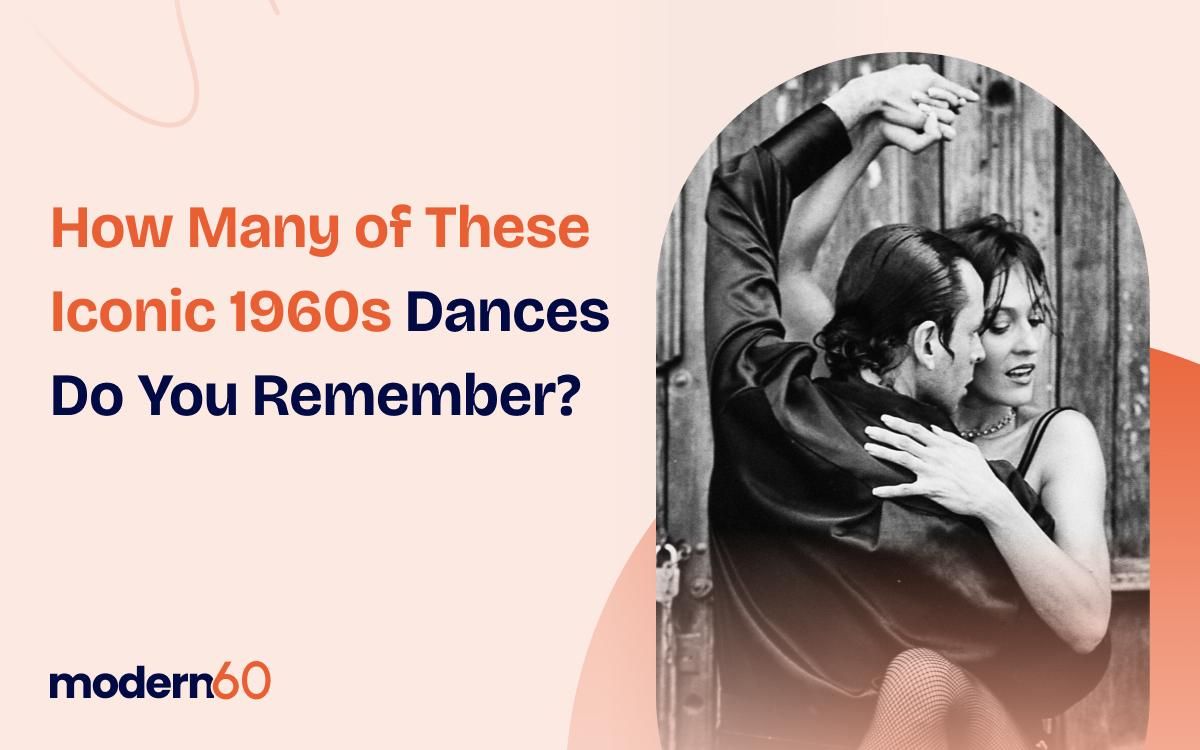
Prepare to take a trip to the 1960s! Dancing was a huge part of that era, with many memorable moves that still bring happiness today. From the Twist to the Mashed Potato and the Pony, these dances celebrated fun and togetherness. Come along as we discover some of the top dance moves from the 60s. You might feel inspired to join in and dance! Let’s relive some wonderful memories and kick off a little dance party.

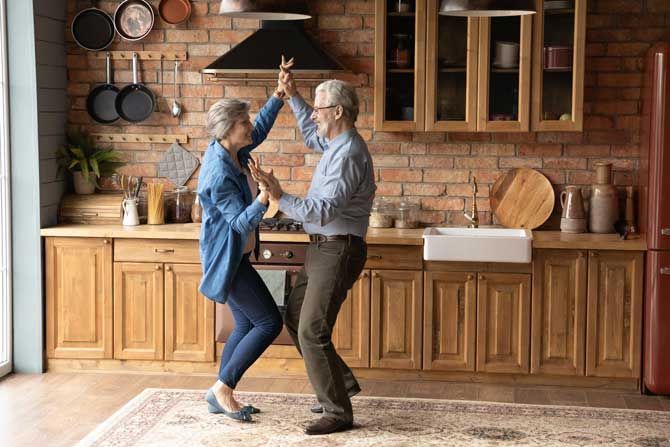
The defining elements of the 60s dance moves include energetic steps, playful routines, and group participation, making every performance a lively experience. Dances like the Twist and Pony, famously popularized by Chubby Checker, demanded fluid groove and simple footwork, allowing everyone to jump in. During this time, songs like “Mashed Potato Time” sparked dance crazes, as people enjoyed moving to the beat while socializing in groups.
Cultural contexts, such as the Motown sound from Detroit, influenced iconic dances like the Watusi and Madison, encouraging people to express themselves through fun and rhythmic movements. Older video mixes show how dances like the Hully Gully and Hitch Hike brought everyone together, fostering camaraderie on the dance floor. As the evolution of dance moved toward the disco era, the physicality of these dance scenes reflected a shift towards more complex moves, while classic styles like the Locomotion maintained that easy-going spirit.
The blend of catchy tunes and lively steps created unforgettable memories, inviting everyone to join in on the fun of the 1960s dances.
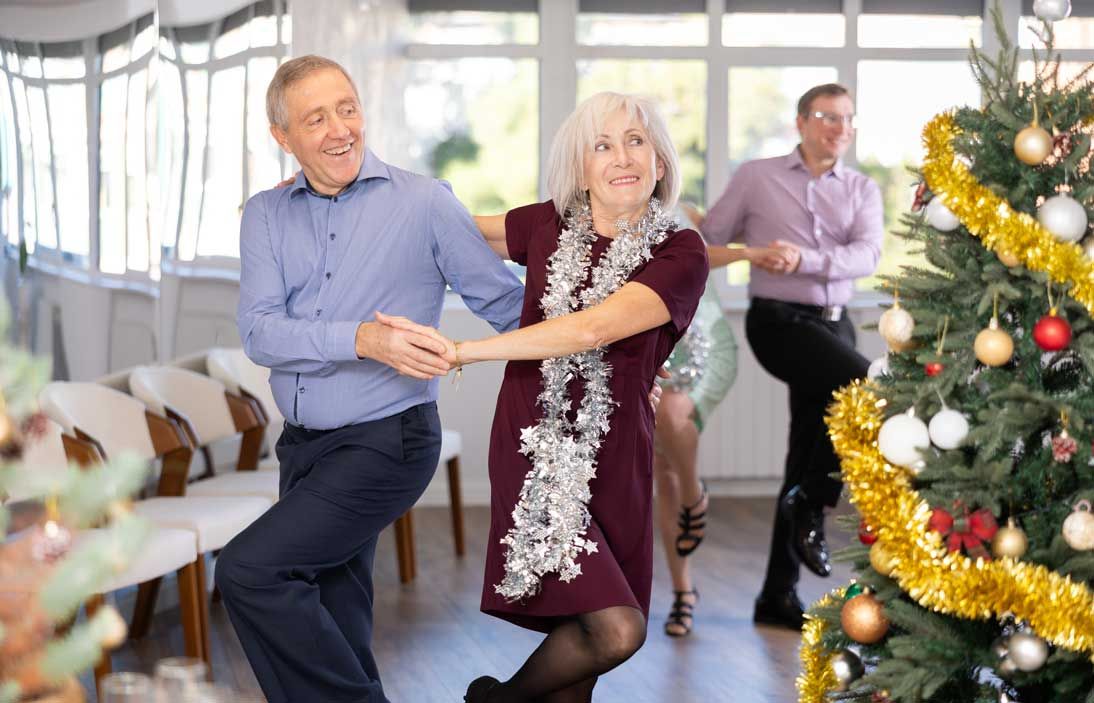
Tamara Gassner remembers how The Twist emerged from the vibrant music scene of the 1960s, heavily influenced by funky tunes and artists like Chubby Checker. The infectious energy of the dance mirrored the excitement of the decade, making it an iconic dance craze. It wasn’t just about the moves; it was a fun way to connect with friends and explore joy through music.
Groups often gathered to dance the twist, and dance scenes filled places like Detroit, highlighting a social world where people loved to express themselves. As one of the original hit recordings of the era, The Twist inspired many other 1960s dances, like the Pony and Watusi, showcasing how dancing evolved with popular songs. The energy of the twist kept everyone on their feet, leading to other classics like the Mashed Potato Time and the Hitch Hike. Each dance, from the Hully Gully to the Madison, drew from The Twist’s spirit, creating an exciting mix of moves that still make people want to groove today.
As we look back on these vintage videos, those 60s dance moves bring nostalgia and a sense of camaraderie that is still cherished.
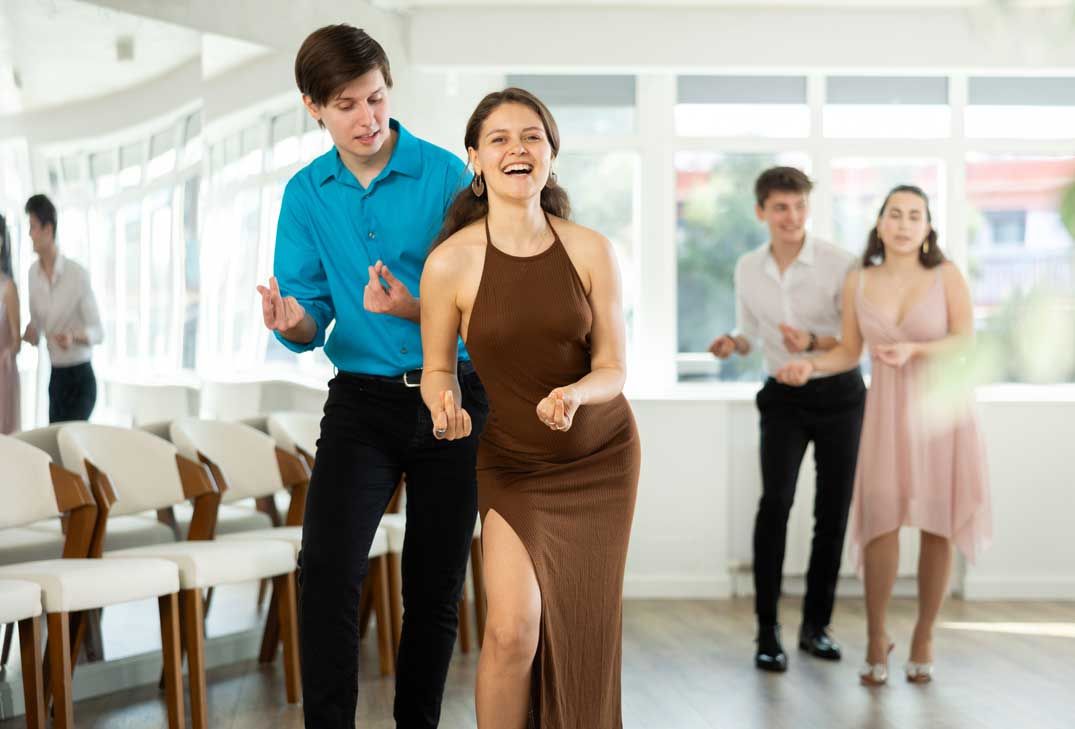
To effectively perform The Twist, dancers should focus on keeping their feet firmly planted while moving their hips from side to side. The energy of the 60s dance moves comes from the groovy rhythm of the music, like Chubby Checker’s original hit recordings that made it iconic. To enhance their performance, they can incorporate smooth arm movements that swing along with their hips, creating a fun visual effect.
Some common mistakes include not engaging the core, which can limit body movement, and forgetting to maintain a steady rhythm, which is important for capturing the spirit of 1960s dances like the Pony and Mashed Potato. Watching vintage videos or older video mixes can help dancers see the right techniques, as the evolution of dance can be illustrated through famous acts like Elvis Presley and Don Julian.
Whether it’s the Hully Gully or The Madison, dancers should aim to present a lively, cohesive performance by avoiding stiffness and allowing themselves to enjoy the groove on this journey through dance crazes.
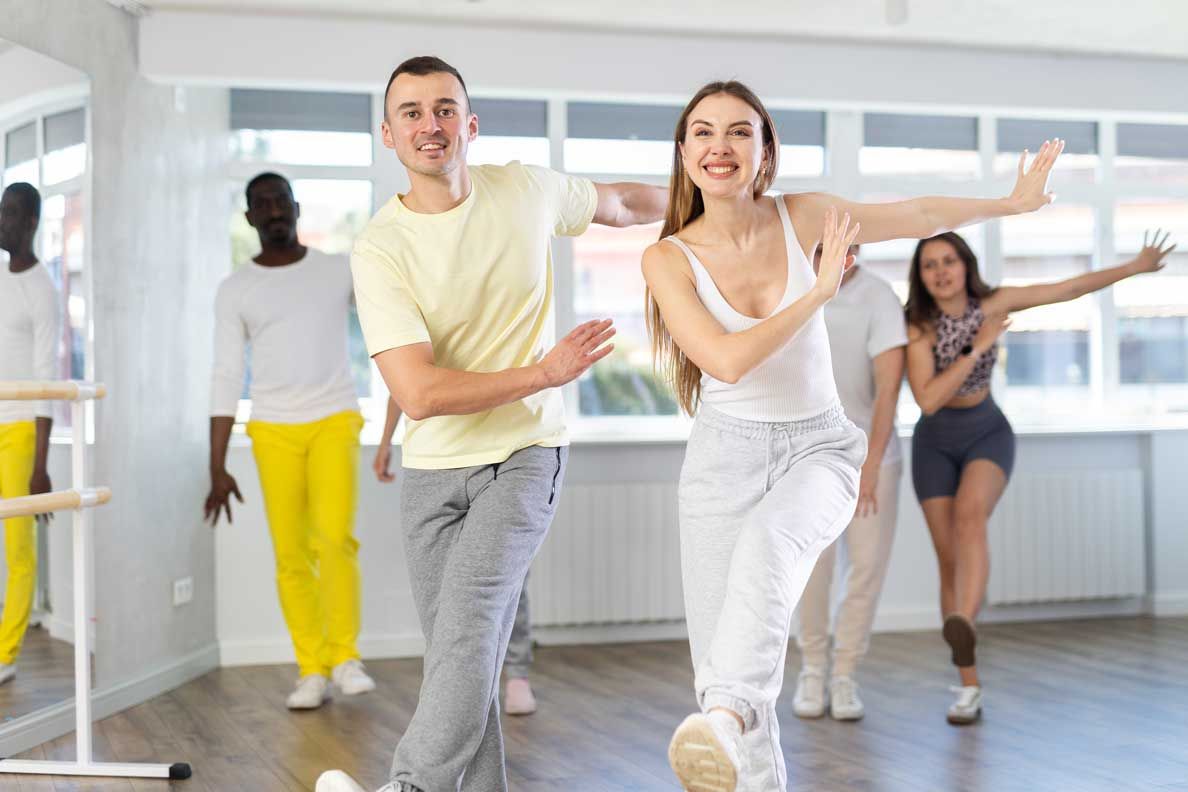
The Mashed Potato is a fun dance with iconic movements that make it memorable. It involves bending the knees, shifting weight from side to side, and moving the feet in a groovy and relaxed manner. Often featured in vintage videos from the 1960s, this dance captures the energy and carefree spirit of the time. Music is significant, as seen in Dee Dee Sharp’s “Mashed Potato Time.” The rhythm keeps dancers in sync, similar to other dances like the Twist and Pony, both popularized by Chubby Checker.
Examining dances from this era shows how the Mashed Potato is part of the evolution of dance crazes, adding to the culture of fun gatherings and social scenes. Groups would unite, dancing the Mashed Potato alongside other moves like the Hully Gully and Hitch Hike, fostering a vibrant community in places like Detroit. Whether it’s the classic “Let’s Twist Again” or the lively “What’d I Say,” the Mashed Potato remains part of the joy of dancing through nostalgic moments.
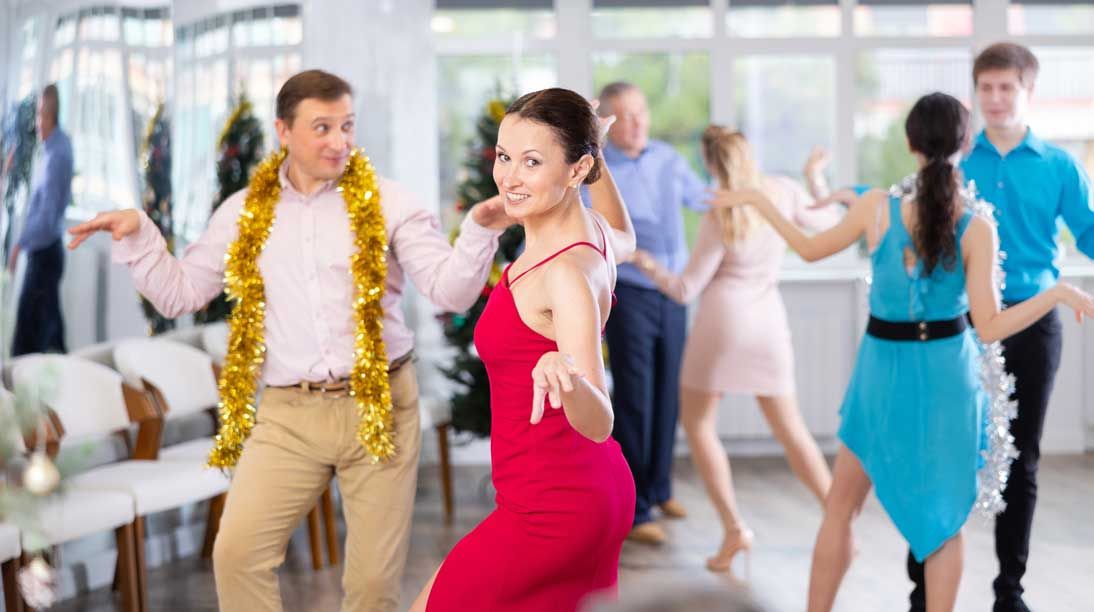
Hosts can kick off the party by introducing the Mashed Potato dance during an energetic moment, like right after the Twist or Pony hits play. Imagine a scene where guests are encouraged to join in, creating a fun atmosphere reminiscent of Detroit’s vibrant dance scenes from the 1960s. To make it more interactive, they could set up a game where groups compete to dance their best-Mashed Potato version, backed by iconic hits like “Mashed Potato Time” or “What’d I Say.
” This transforms the dance into a lively challenge that gets everyone grooving. Selecting vintage music from the 60s, including original hit recordings from artists like Chubby Checker and Elvis Presley, can elevate the experience, allowing people to feel the high energy of the era. By mixing in different dance crazes like the Hully Gully and the Madison, guests can dance through memory lane, adapting their moves and enjoying the fun of a far-out retro gathering.
With all these elements, the Mashed Potato becomes not just an adance, but an unforgettable part of the party vibe.
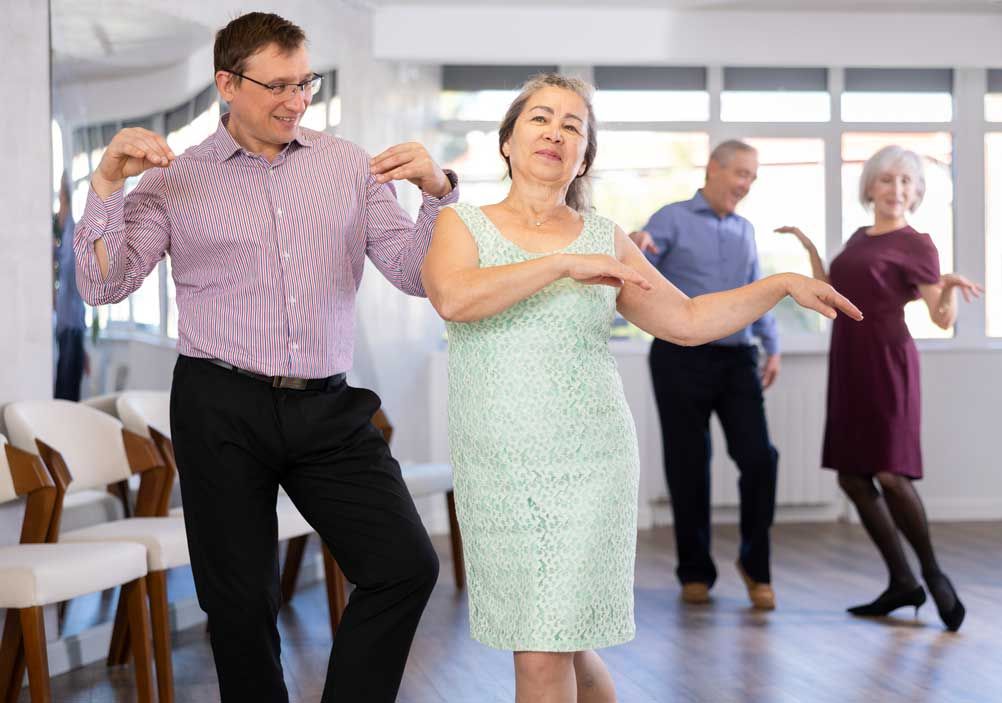
The Monkey Dance originated from a blend of cultural influences in the 1960s, merging vibrant music styles, including Motown from Detroit, with the energy of dance trends like The Twist and The Mashed Potato. It became part of the fun and iconic dance scene of the time, where videos of groups showcased moves like the Pony and Watusi, often seen in vintage recordings.
The dance mirrored the social dynamics of youth culture, fostering a sense of camaraderie as friends danced together to hit recordings from artists like Chubby Checker. The Monkey Dance featured playful movements that encouraged participants to groove, making it easy for everyone to join in, similar to the Hully Gully or the Madison line dance. As dance evolved, newer styles adapted earlier moves, translating them into fresh expressions while keeping the vibe light and enjoyable.
Whether it was “Let’s Twist Again” or the upbeat energy of “Mashed Potato Time,” the Monkey Dance captured the essence of 1960s dances, showcasing a joyful celebration of life through song and movement.
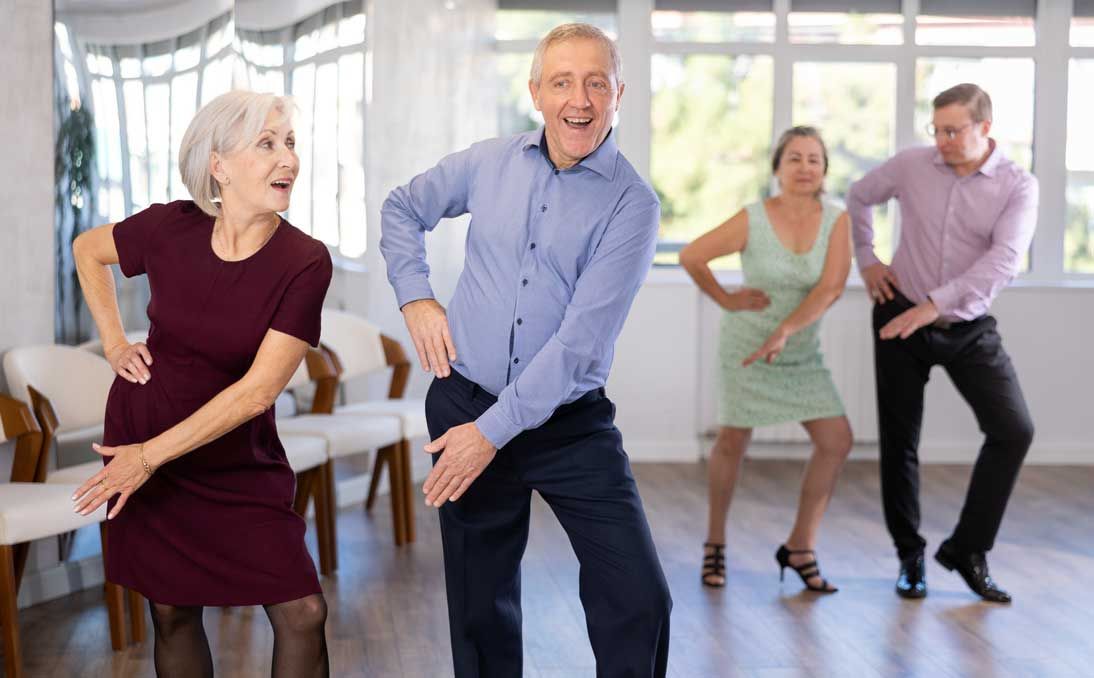
The basic steps of The Monkey dance involve a few fun movements! Dancers begin by swinging their arms while stepping side to side, imitating the playful energy of a monkey. They then add in some quick, light hops to get the groove going, much like the iconic dance crazes from the 1960s. To practice, individuals can watch vintage videos featuring popular dances and try to mirror the movements step by step, just as groups did at dance parties in Detroit.
Practicing along with music, like the original hit recordings from Chubby Checker or songs like “Mashed Potato Time,” helps maintain the rhythm. Staying on beat allows dancers to truly embrace the fun of the moment, just like in the unforgettable dance scenes from that era. From The Twist to the Hitch Hike, these dances share a common thread of energy and excitement, making every attempt at The Monkey a delightful trip down memory lane!

The Jerk is a standout among 60s dance styles with its sharp, exaggerated movements, creating a memorable groove. This dance includes side-to-side shuffles and strong arm jabs, inviting dancers to express themselves with energy and joy. The cultural backdrop of the 1960s, highlighted by music from artists like Chubby Checker and the emergence of dance trends, contributed to its rise in popularity.
As groups gathered around energetic rhythms, The Jerk evolved into a means for friends to connect and enjoy classic dance scenes, all while enjoying original hit recordings like “What’d I Say.” For newcomers looking to learn The Jerk, watching vintage videos can be a wonderful starting point. Engaging in a few practice sessions while enjoying classics like “Mashed Potato Time” or “Pony Time” can help build confidence.
With encouraging friends, anyone can get on the dance floor and enjoy themselves! And keep in mind, the heart of The Jerk is all about feeling the music, similar to the Hully Gully or the Madison, so don’t hesitate to let that energy shine!
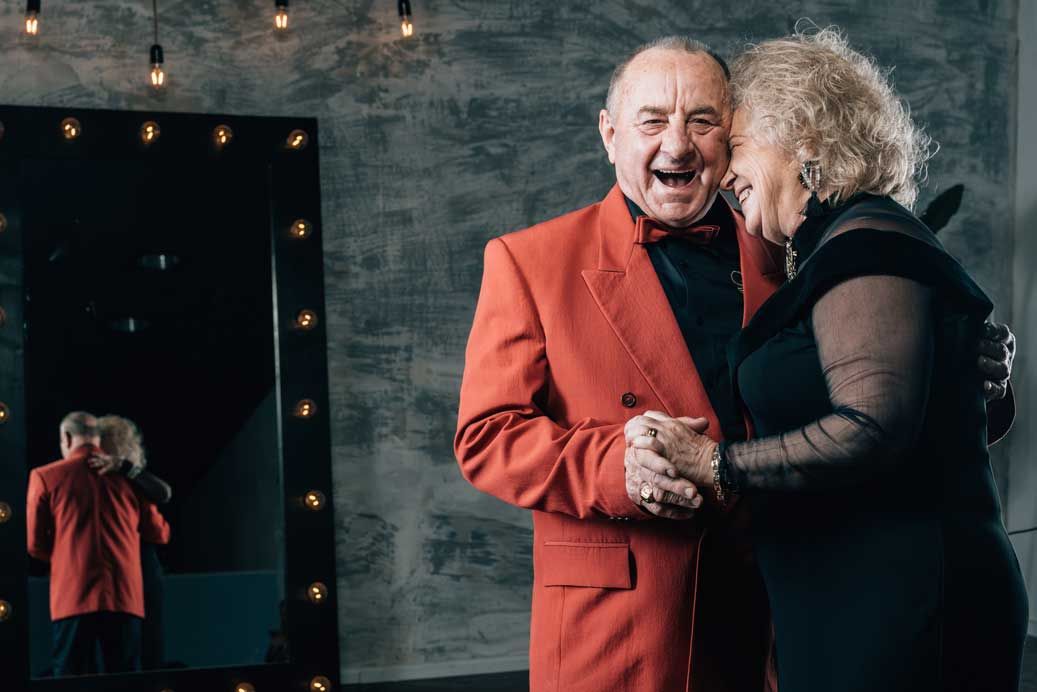
Classic tracks like “The Twist,” “Mashed Potato Time,” and “Pony Time” keep the spirit of 60s dance alive. These iconic songs influence the energy and movements of 60s dance styles, inviting everyone to join in on the fun. When groups gather to dance to hits like “Watusi,” “Hully Gully,” or “The Madison,” the atmosphere buzzes with excitement. The catchy rhythms and melodies energize social dance scenes, making them unforgettable experiences.
For instance, dancers still groove to “Let’s Twist Again,” inspired by Chubby Checker’s original hit recordings. Songs like “What’d I Say” and “The Locomotion” show how the evolution of dance includes classic moves like the jerk or the swing. With retro video mixes and vintage videos, timeless dances continue to shine on memory lane. Whether at social events or just for fun, the dance crazes of the 1960s keep the energy high and the vibes positive, allowing anyone to dance it out and feel connected, reminiscent of Detroit back in the day.

In the 1960s, artists like Chubby Checker and bands such as The Larks introduced iconic dance moves like The Twist and the Mashed Potato, creating an energetic dance scene that got everyone moving. These dances made famous through songs like “Let’s Twist Again” and “Mashed Potato Time,” were not just fun; they became a significant part of social gatherings, inspiring groups of friends to hit the dance floor.
The evolution of dance during this time also brought about popular steps like the Pony and Watusi, showcasing how people enjoyed music in a carefree way. With influences from Motown in Detroit and artists like Tamara Gassner, the excitement of the Hully Gully and the Hitch Hike reflected the cultural movements of the era, encouraging unity and joy among dancers. This vibrant energy in dance is seen in later styles, such as disco and swing, demonstrating how the dance crazes of the 60s adapted over time.
The legacy of these original hit recordings continues to inspire and entertain, inviting everyone to dance it out along memory lane.

The iconic 60s dance moves have significantly influenced modern dance styles by introducing new techniques and expressions. Dancers today often incorporate the playful spirit and energetic groove of dances like The Twist and the Mashed Potato into their routines. For instance, the rhythm of the Watusi and the fun of Pony Time can be seen in contemporary choreography.
In Detroit, where Motown reigned, group dancing showcased camaraderie, which resonates in current dance scenes where collaboration and community are emphasized. Vintage videos of dance crazes like the Madison and Hully Gully serve as inspiration, reminding dancers of the joy and connection these movements fostered. This evolution reflects how social shifts during the 1960s continue to shape modern genres, with performers adapting original hit recordings into fresh interpretations.
The revival of The Locomotion and The Hitch Hike illustrates how timeless elements can be transposed to fit current styles, keeping the energy alive while celebrating those extra old-fashioned roots. With the wave of nostalgia, dancers can now stir memories of 60s dances, inviting audiences to enjoy Let’s Twist Again moments on the floor.
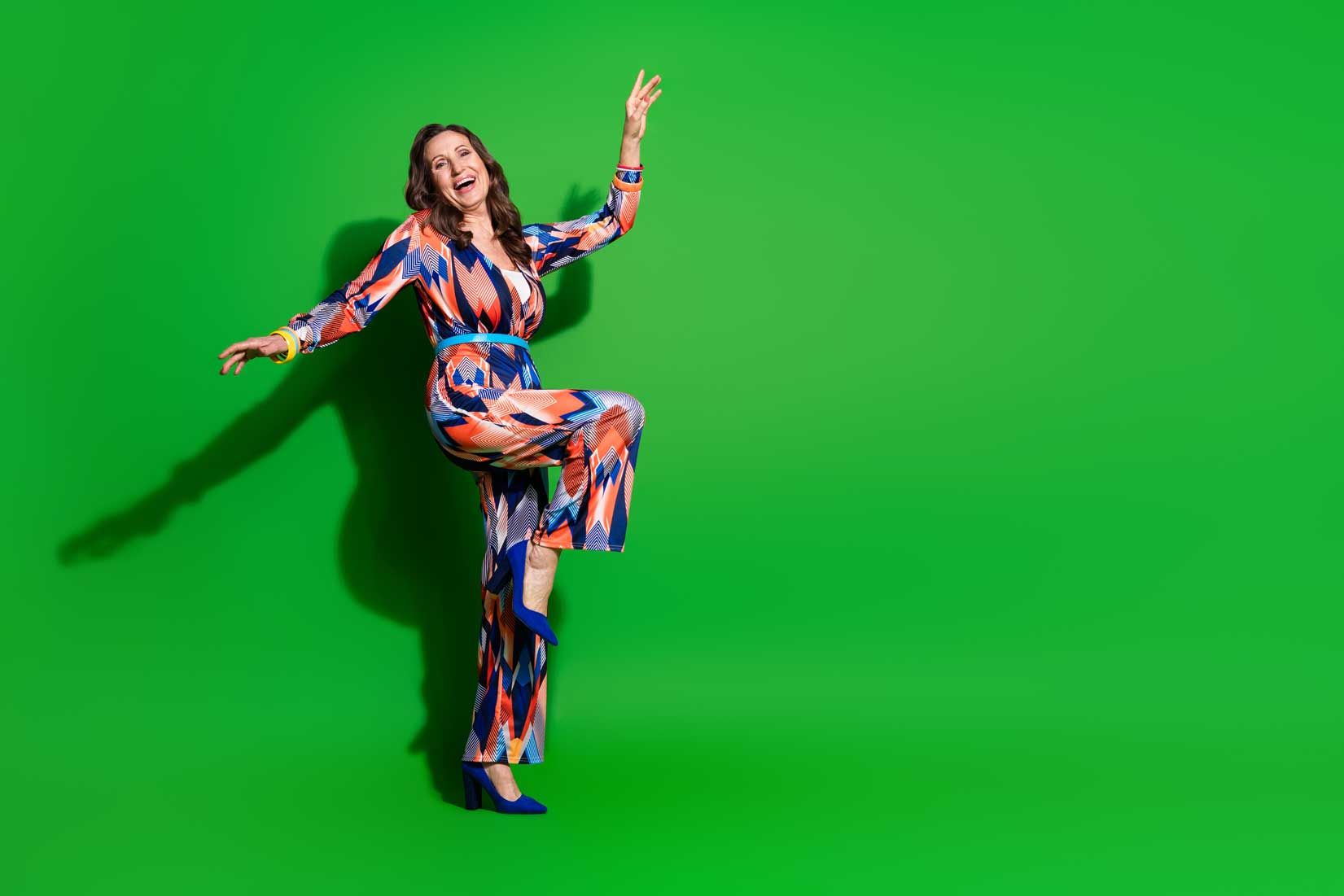
Contemporary events often capture the energy and vibe of 1960s dances, like the twist and the mashed potato, through fun, interactive group activities that engage everyone. For instance, at parties, the Hully Gully and the Madison bring back nostalgia, allowing people to bond over shared experiences while dancing. Events might feature vintage videos showcasing iconic dance moves, reminding everyone of the joy of dance crazes that originated in that era.
The original hit recordings from artists like Chubby Checker and Elvis Presley can still spark excitement, with people eager to “let’s twist again” as they groove to the familiar rhythms. Many social gatherings now incorporate these homage dances, blending modern music with 60s dance styles, and creating memorable dance scenes. The evolution of dance continues to flourish as current popular music embraces these movements, making the locomotion and pony time timeless choices for celebrations.
With a mix of old and new, Tamara Gassner and others keep the spirit alive, inspiring audiences to dance, comment, and reminisce down memory lane.
Popular dance moves from the 1960s include the Twist, the Mashed Potato, the Camel Walk, and the Monkey. To try them, mimic the Twist by rotating your hips, or shuffle your feet side to side for the Mashed Potato. Experiment with these iconic styles to capture the era’s vibe!
To learn the twist, start with the basics: stand with feet shoulder-width apart. Shift weight to one foot while rotating hips and shoulders in the opposite direction. Practice this side-to-side movement. Watch online tutorials or join a dance class for guidance and rhythm.
The music genre associated with 60s dance moves is rock and roll, particularly Motown and surf rock. Popular dances include the Twist, the Mashed Potato, and the Watusi. To get moving, listen to artists like The Supremes or The Beach Boys and try out these energetic steps!
Yes, 60s dance moves improve cardiovascular fitness, coordination, and flexibility. Try doing the Twist to boost your heart rate, or the Mashed Potato for leg strength and balance. Dancing also elevates mood and reduces stress, making it a fun way to stay active.
You can find tutorials for 60s dance styles on platforms like YouTube, and search for channels like Dance With Me or 60s Dance Workshop. Additionally, check websites like Udemy or take local dance classes that specialize in vintage styles.

I'm Luna Miller, a dedicated team member at Modern60, where I specialize in curating unforgettable birthday gifts. With a knack for recommending unique experiences be it concerts, spa days, or scenic getaways. I pride myself on creating moments that matter. My background in event planning and passion for personal connection make me a go-to for thoughtful suggestions. Always ready to lend a hand, I thrive on supporting seniors and enhancing their life.


Unlock expert insights and tips with our exclusive ebook. Enter your email to get your free copy.
Please check your email for a welcome message from Modern60. If it's not in your inbox, kindly check your spam or junk folder
There are no comments yet